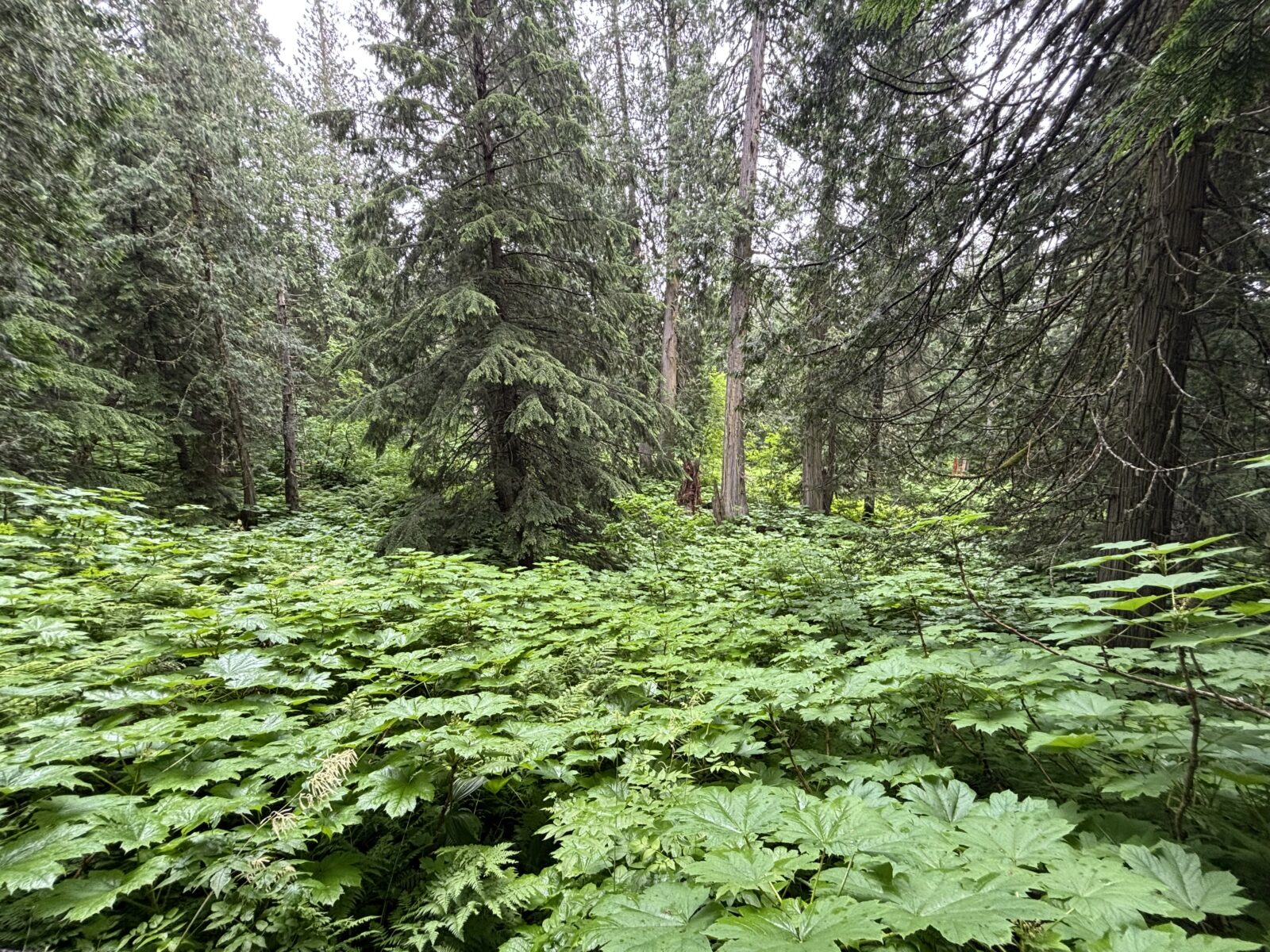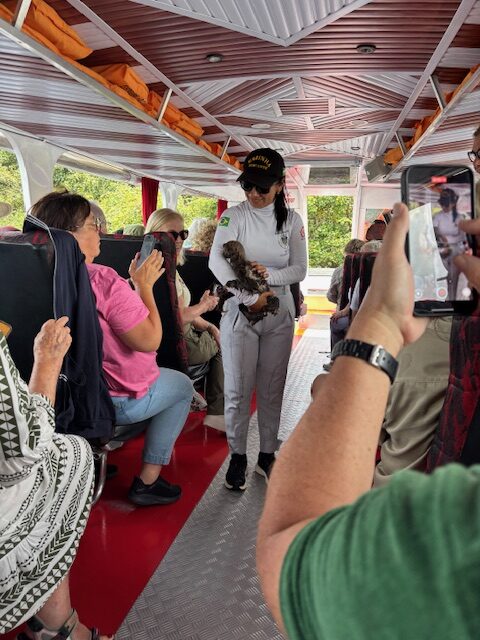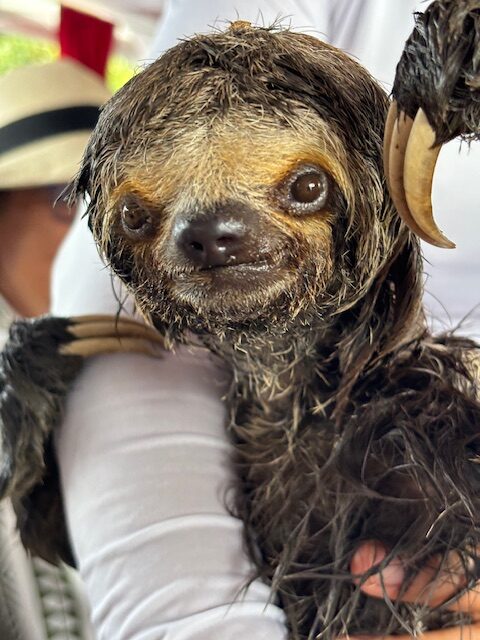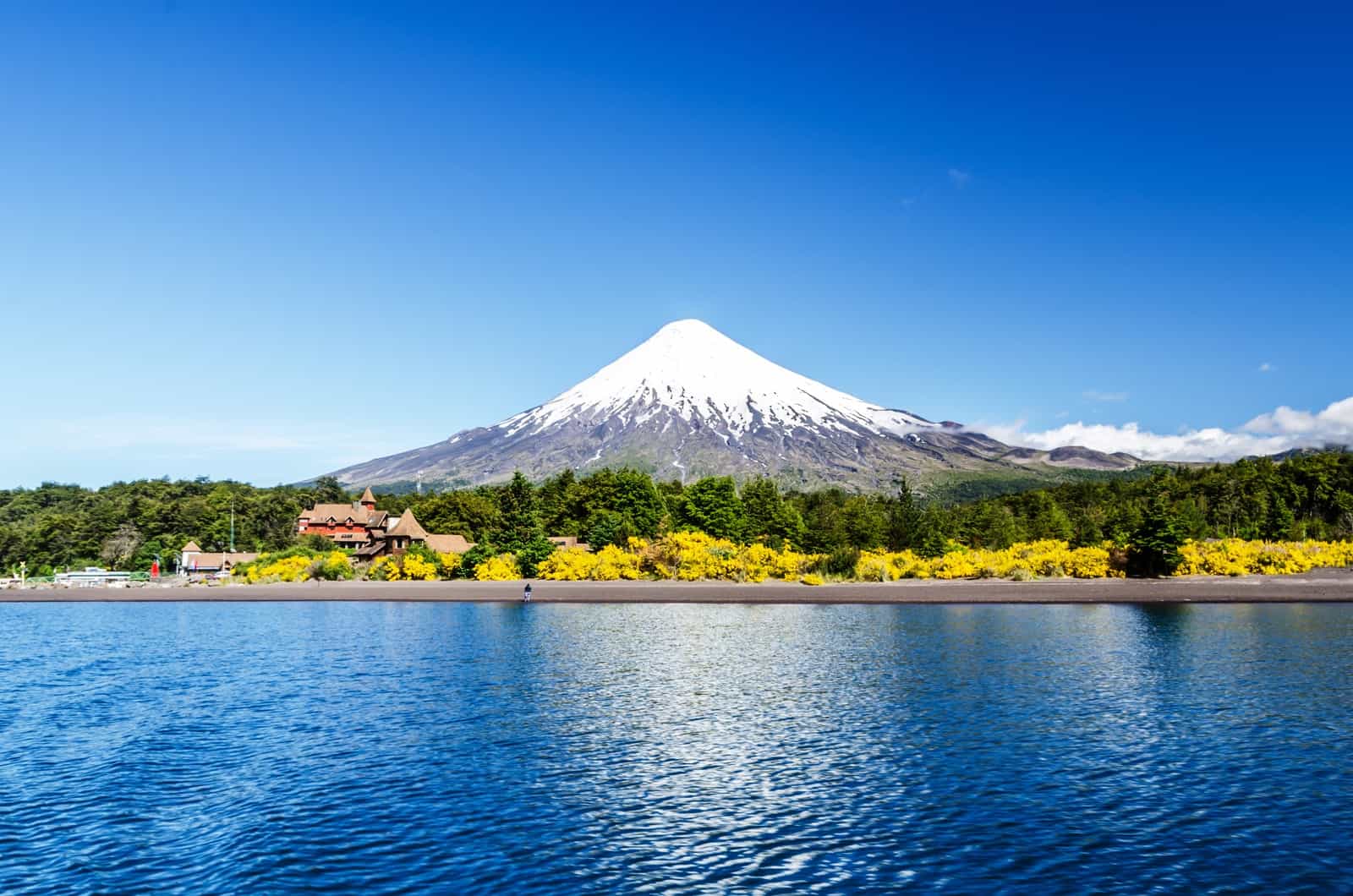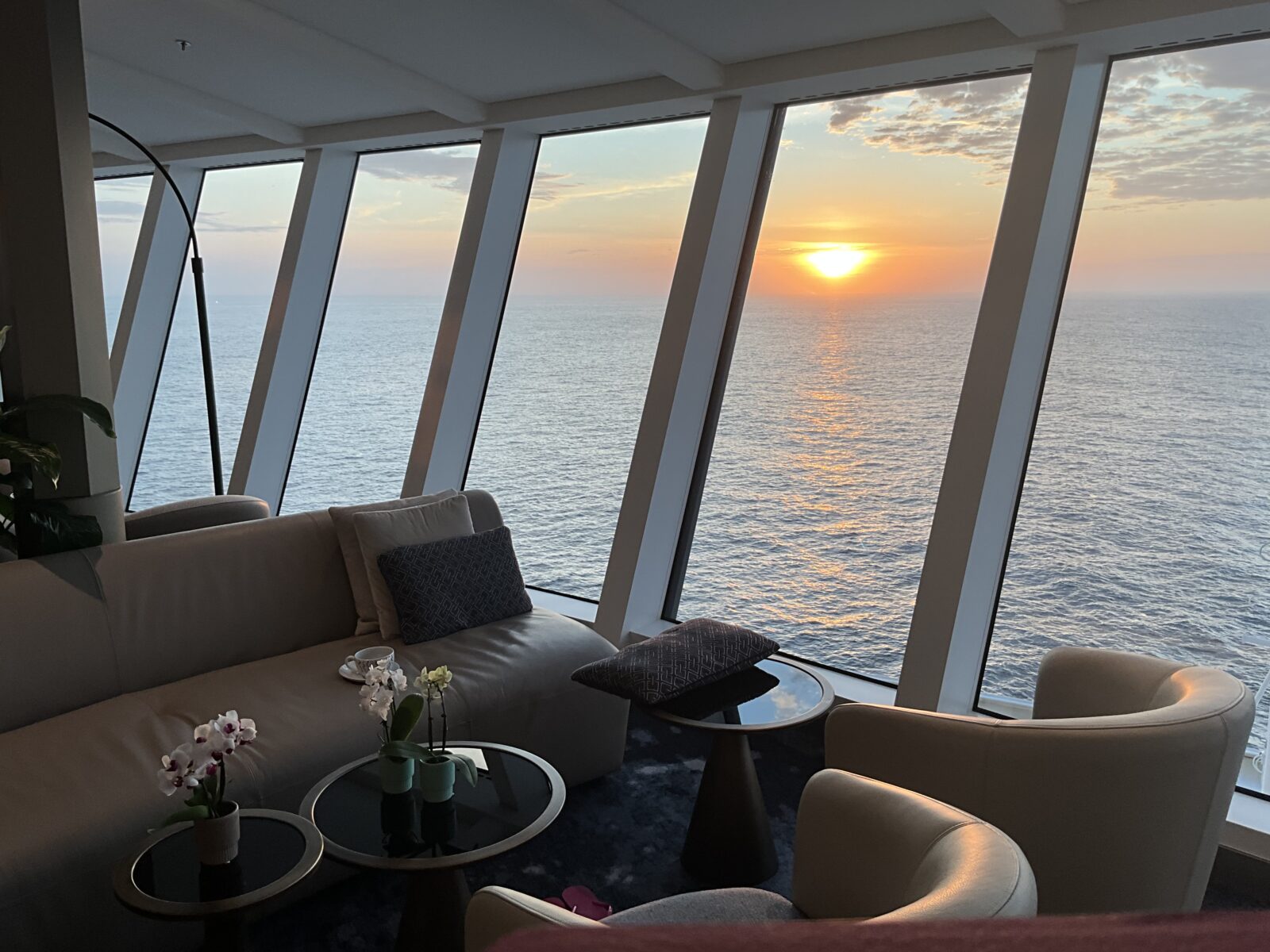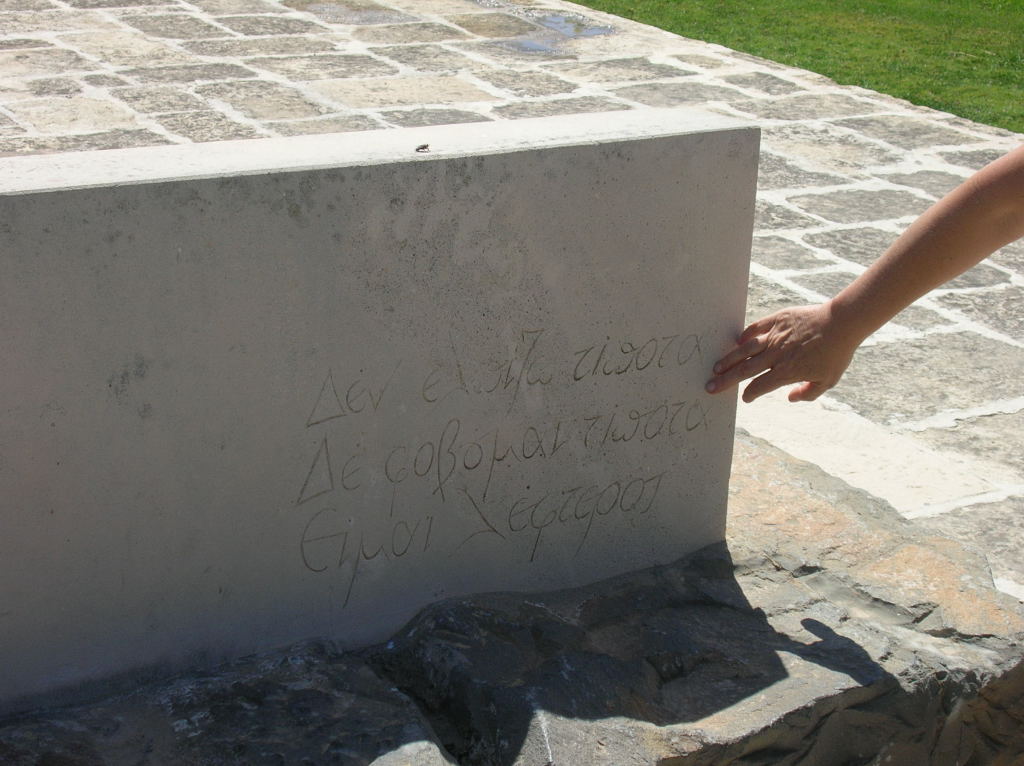‘If there is magic on this planet, it is contained in water.” This is the first line of the essay “The Flow of the River, which opens Loren Eiseley’s The Immense Journey. First published in 1959, the book is replete with anachronisms, such as using the word “man” to stand for humanity, and talking about how someday “man” will go into space, but it is to me one of the most exquisite collection of essays ever written.
This line came to me today as I traveled along the western side of the Canadian Rockies. It started with two of my favourite geological features, glaciers and the ridges called aretes they leave behind. An arête can be as sharply pointed as an arrowhead, or as long and smooth as an axe blade, formed when glaciers on both sides of a mountain pull the mountain down with them until only a sharp ridge remains. Often the glacier is long gone, but the shape it left behind is unmistakable, and there are hundred of them in this part of the world . Here is a photo I took from a viewpoint above the town of Revelstoke. It’s not the best image of aretes and glaciers, but it will have to do.
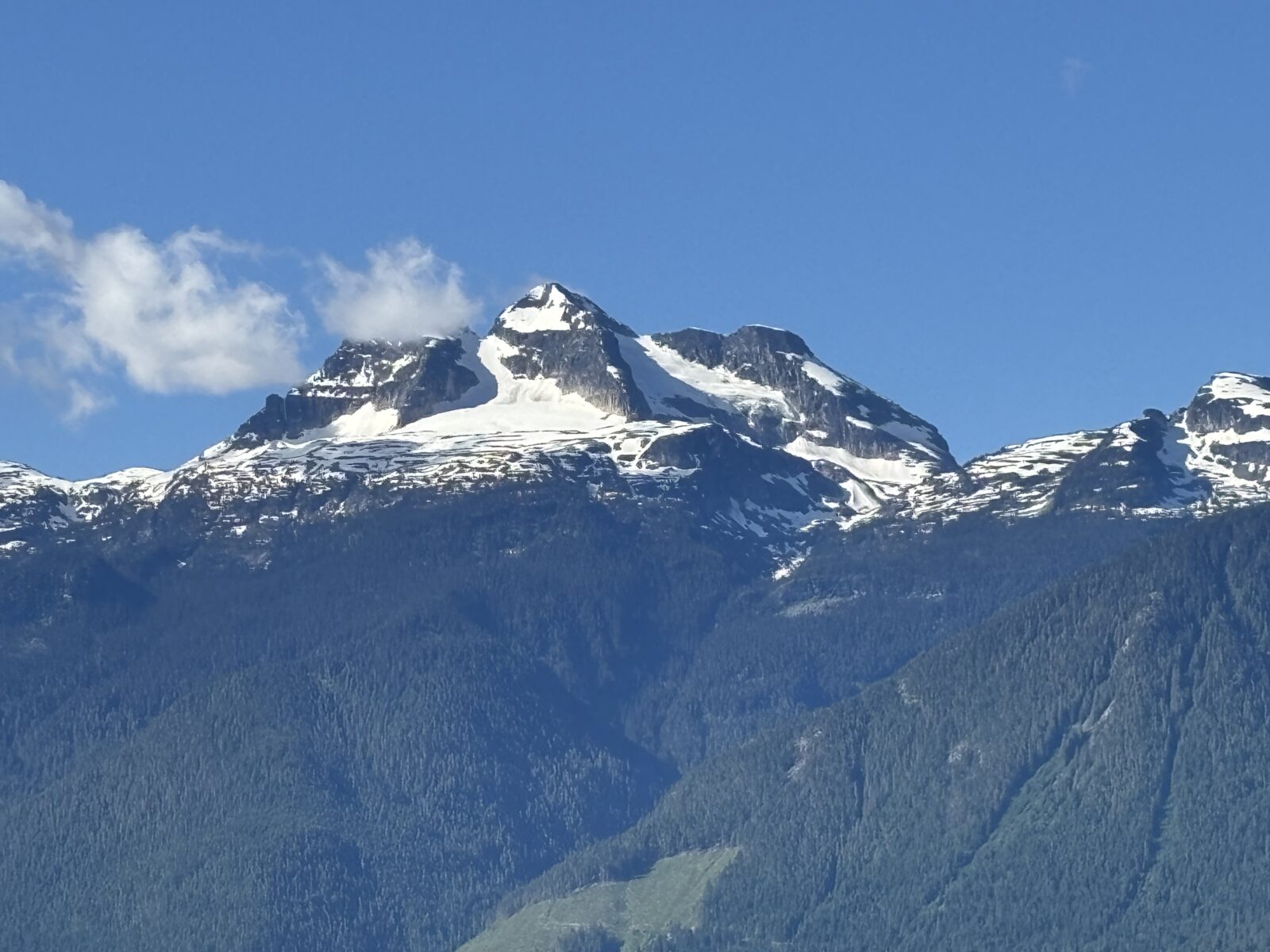
I was driving along a river today and looking up at the jagged mountains when I felt this wave of appreciation for how water shapes landscapes. I thought about soft, white, fluffy snow falling on the mountain peaks, then compressing over time into a river of ice so powerful it can pulverize granite.
It’s early summer still at this altitude, and yesterday I was trudging through patches of remaining snow on a hike in Mount Revelstoke. It was beautiful to hear the tinkling and gurgling of the little rivulets running out from the snow pack, as they joined a slightly larger stream, which eventually would find its way to a larger one, and then perhaps to a lake, which itself feeds a torrent that will eventually find its way through cascades and falls to the valley below, itself carved by a huge river, like the Thompson, the Fraser, or the Columbia, before finding its way to the sea.
Nothing new about that. It’s grade school science. But what was new for me was realizing that every single thing I was looking at was there because of water, from the tiny wildflowers to the trees, to the shapes of the towering mountains, to the clouds hovering over them. When astronomers and other scientists talk about potential life elsewhere in the universe, they always start with evidence of water, and here I was, surrounded by an explosion not just of life but of all this magnificent scenery that was there because water makes everything happen.
I also found myself thinking about Charles Lyell’s theory of uniformity, which states that the geological forces we see now are the same ones that have shaped the earth from the beginning. Leave a garden hose on in an area of loose soil and you get a miniature Grand Canyon that mimics exactly the way even the hugest chasms have been formed. Today I stood in front of the second highest waterfall in Canada, fed by an enormous glacier on the plateau above, and feeding the milky river you see at the bottom of the photo. What I was seeing was the same in principle as those trickles of water coming out from under the patches of snow on the trail I had taken the day before.
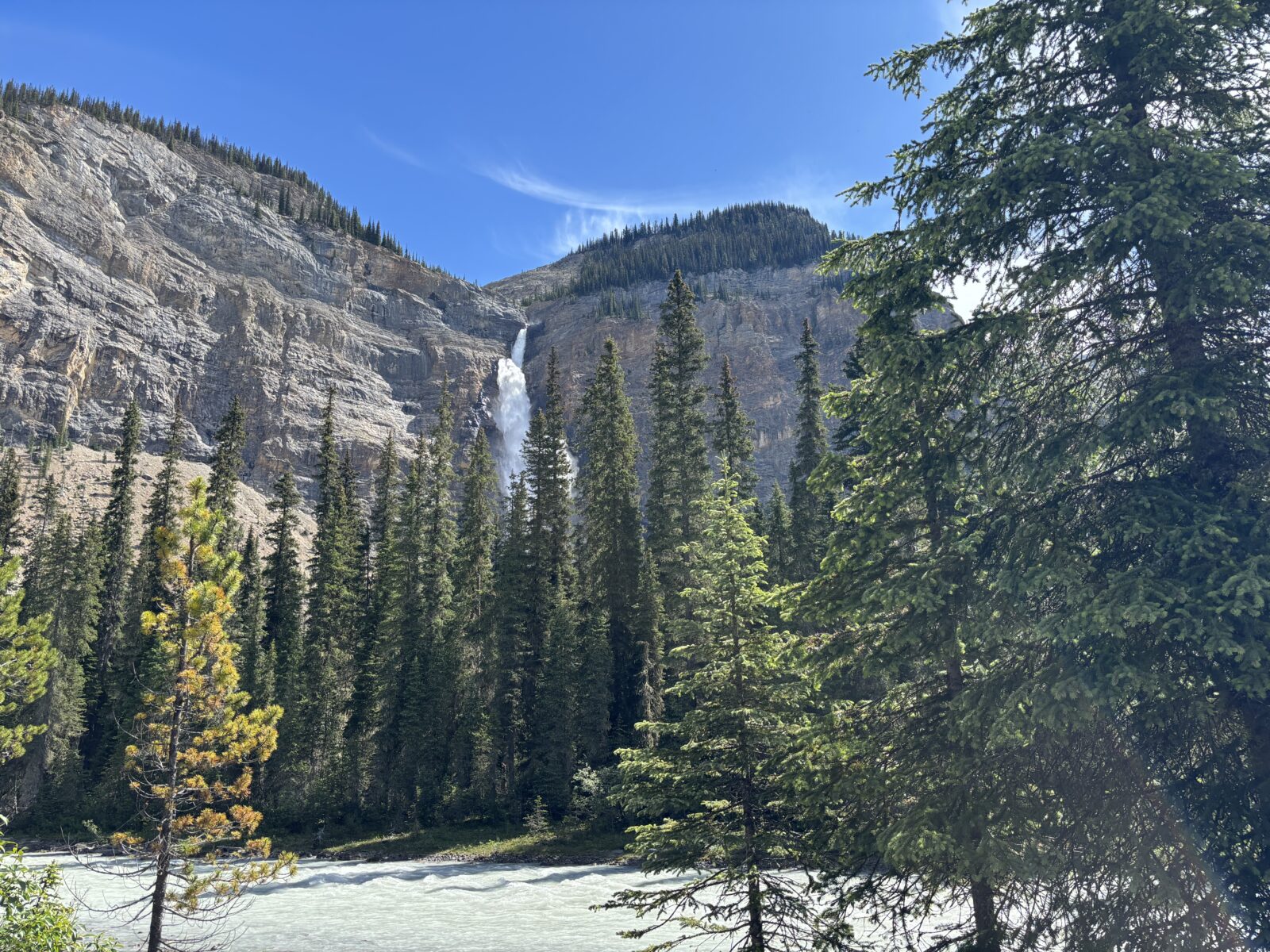
None of this is magic, really. Eiseley and Lyell knew that, and so do I. But there is something that feels like magic about the ahah moments we all get from time to time, when something we saw only in pieces comes together, when our minds are supple enough to see the connection between what what we are struggling to understand and the messages that are everywhere around us. Sometimes the insight comes from the smallest things, such as when Dylan Thomas speaks of “the round Zion of the water bead,” the tiny, fragile perfection of one drop of water that for him stood for eternity. For me, the illumination came from imagining water at the opposite extreme.
Today I was thinking about how some people are dragged down by life, like glaciers pull down mountains, and what remains are only their sharp brittle edges. And then I see water rushing over rocks glistening with the smoothness they have acquired over time, and I think there are people like those rocks too. I want to be one of those. My heart goes out to people who go through life like walking aretes. These thoughts passed fleetingly through my mind, of no particular consequence. Making meaning is always going to be fluid, and the best part is that we can throw out thoughts all day and occasionally something is so right for that moment that it changes us. That’s when we feel maybe there is magic after all.
One of my favourite ways of making meaning is through poetry. Gerard Manley Hopkins is one of my favourite poets (I quote him often in this blog), and the last lines of his poem “Inversnaid” feel to me like a benediction for all the wonderful experiences I have been having:
What would the world be, once bereft
Of wet and of wildness? Let them be left,
O let them be left, wildness and wet;
Long live the weeds and the wilderness yet.
